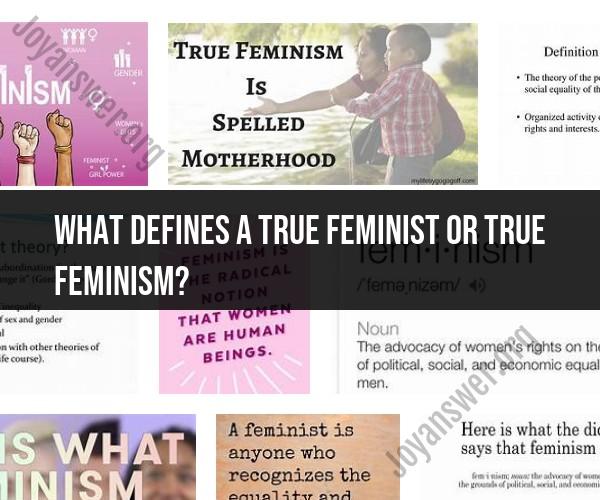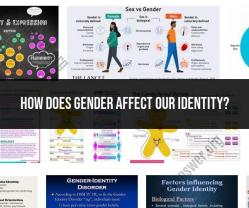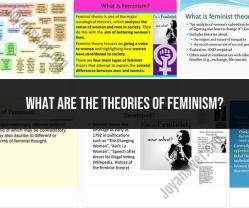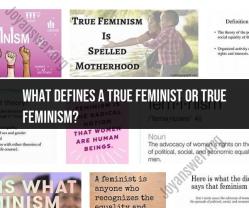What defines a true feminist or true feminism?
The definition of "true feminism" or "true feminists" can be a subject of debate, as feminism is a diverse and evolving social and political movement with a wide range of perspectives and beliefs. However, there are some core principles and ideas that are often associated with feminism. It's important to note that feminism is not a monolithic ideology, and individuals and groups within the feminist movement may hold different views. Here are some key principles often associated with feminism:
Gender Equality: At its core, feminism advocates for gender equality. It seeks to challenge and dismantle the social, political, and economic structures that perpetuate gender-based discrimination and inequality. True feminists are typically committed to achieving equality between all genders, not just advocating for women's rights.
Equal Rights: Feminists work toward ensuring that all individuals, regardless of their gender, have the same legal and social rights and opportunities. This includes equal pay for equal work, equal access to education, healthcare, and political representation.
Ending Gender-Based Discrimination: Feminism aims to eliminate discrimination and prejudice based on gender. This includes addressing issues such as sexism, misogyny, and gender-based violence.
Reproductive Rights: Many feminists advocate for reproductive rights, including access to contraception, safe and legal abortion, and comprehensive sexual education. These rights are seen as essential for women's autonomy and bodily autonomy.
Intersectionality: True feminists often embrace the concept of intersectionality, recognizing that gender-based discrimination intersects with other forms of discrimination, including race, class, sexual orientation, and more. Intersectional feminism seeks to address and dismantle these intersecting systems of oppression.
Choice and Agency: Feminism supports the idea that individuals should have the freedom to make choices about their lives, bodies, and careers without facing societal pressure or discrimination. This includes choices related to work, family, and personal relationships.
Challenging Gender Stereotypes: Feminism questions and challenges traditional gender roles and stereotypes that limit individuals' potential and opportunities. It seeks to create a more inclusive and accepting society where people are free to express their gender identity.
Support for Marginalized Groups: Many feminists actively support and advocate for marginalized groups, including women of color, LGBTQ+ individuals, disabled individuals, and others who face multiple forms of discrimination.
Political and Social Activism: Feminism often involves political and social activism aimed at changing laws, policies, and cultural norms that perpetuate gender inequality. True feminists may engage in various forms of activism to promote gender equality.
Education and Awareness: Feminists work to raise awareness about gender-based issues and promote education on topics related to feminism and gender equality.
It's important to recognize that feminism is a broad and inclusive movement with a variety of perspectives and approaches. Different feminists may emphasize different aspects of these principles, and there is room for debate and discussion within the movement. The idea of a "true feminist" is often subjective, and what matters most is a commitment to the overarching goal of achieving gender equality and justice.




